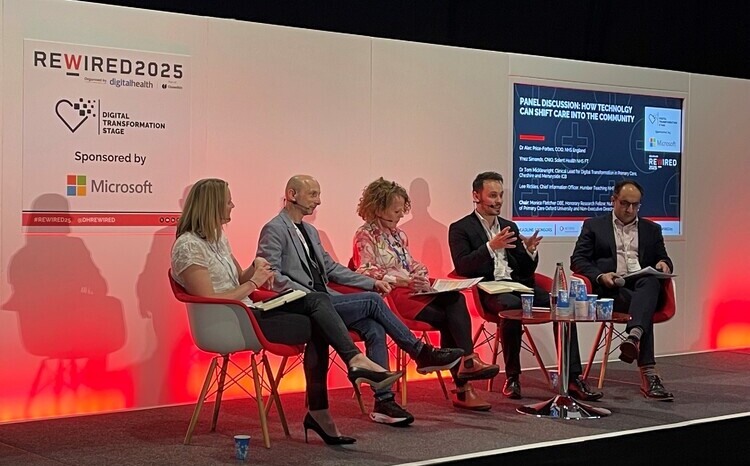Epic ups and downs at Cambridge
- 6 November 2014

A week and a half after its launch, Epic is “starting to deliver some real benefits” to Cambridge University Hospitals – although the trust’s eHospital programme director admitted that the implementation has not been without its teething problems.
Speaking at a well attended session at the Health CIO Network conference, held alongside EHI Live 2014 in Birmingham, Carrie Armitage said that there had been more than 2,000 support calls from staff on the first Monday after go live.
“An awful lot were ‘I can’t remember my password’ – very basic problems. But over the first week, the number of tickets has fallen off considerably, and over two thirds of outstanding issues have now been resolved.”
Other challenges had been around “the little, tricksy things that trip you up,” she reported.
“Getting 600 label printers lined up to print the right labels in the right place at the right time has proved a difficult thing to do, and in the early days that put a lot of pressure on our labs.”
She said that activity had been reduced, as planned, during the early weeks of go live but suggested that some of this was down to more general pressures on the hospital.
“We reduced the outpatient activity during the first three weeks of go live – by how much depended on the clinic, for some it was down to at least 50%. But the first week of go live was half term week in Cambridge, so we already had reductions in terms of elective surgery.
“We plan to build outpatient work back up again over three weeks, and had tried to do some work in advance to make sure we were on top of outpatient waiting times, but I think we will still have to do some catch up.
“But one of the things that is most striking is in this last week, Cambridge University Hospitals has probably been the busiest it’s ever been in the last three years, which has put pressure on elective procedures.
“We’ve reduced the amount of elective activity during the first few weeks of the project, but I don’t think that’s all eHospital: I think it’s other pressures as well.”
Afzal Chaudhry, the trust’s clinical lead for IT, told delegates of a range of feedback on the system. “There are some colleagues who tell me things are terrible, and that this is not going to work. There are some who tell me it’s fantastic and does everything they could dream of.”
He believes the largest number, however, are those who are now keen to customise the system further to meet their specific clinical leads.
“They understand what the system is capable of and have started to understand what they can do with it in their own specialties – they are asking when they will have access to, for instance, the templates for their letters so they can really refine it for their workflows. And that’s exactly what we’ve wanted to see – earned devolution.”
“Overall it has been an incredibly tough two weeks, and we’ve all been working around the clock and at weekends,” concluded Armitage. “But Epic is now starting to deliver real benefits for the hospital.”




